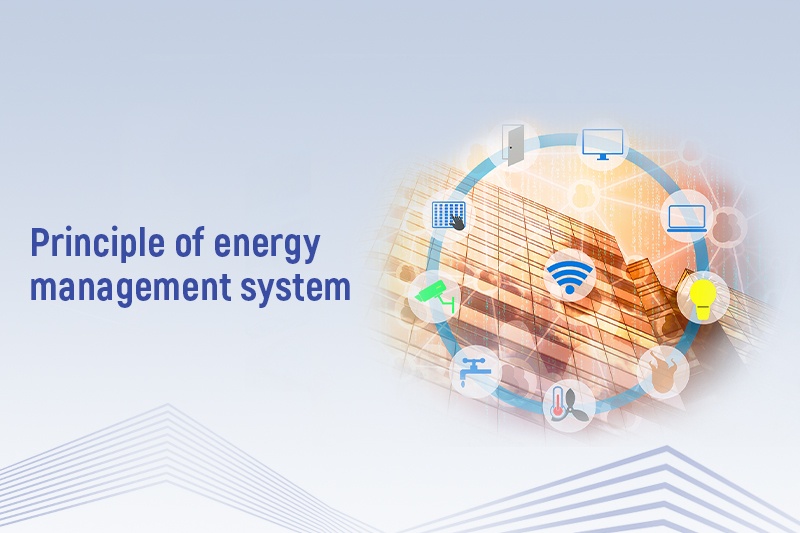Energy management systems (EMS) are a type of system designed to help businesses and organizations improve their energy efficiency and reduce their energy-related costs. This type of system is based on the principle of energy efficiency which is the practice of using energy in the most efficient manner possible. Energy management systems are important for businesses, as they can help to reduce energy costs, improve energy efficiency, and reduce the environmental impacts of energy use.
Five Core Principles of Energy Management System?
An effective energy management system is essential for any organization that wants to reduce its energy consumption and become more sustainable. It is important to understand the five core principles of an effective energy management system in order to ensure that your organization is taking the necessary steps towards becoming more energy efficient. These five core principles include:
- Understanding the current state of your energy use: Capturing energy consumption and storage data, finding out ways to conserve energy, estimating opportunities for energy conservation, and analyzing the meter data to observe the improvements and review the progress of energy conservation measures.
- Setting goals and objectives: Energy management includes planning and operation of energy production and energy consumption units as well as energy distribution and storage.
- Implementing strategies for achieving those goals: Organizations might have green goals such as are resource conservation, climate protection and cost savings, while they access to the energy they need.
- Monitoring progress: Identification and tracking of energy pattern, controlled energy system’s use, properly maintained and managed facilities, and good maintenance are also important steps in energy management.
- Making adjustments as needed. Energy management is based on controlling, conserving, and monitoring energy within the organization.
Advantages of EMS
Energy efficiency is an important part of energy management, and facility management is an important part of energy management in operational functions. There are many advantages to using an energy management system. These include:
- Improved efficiency: An energy management system can help to identify and eliminate energy waste, which can help to improve energy efficiency.
- Cost savings: An energy management system can help to reduce energy costs, as the system can help to identify and eliminate energy waste.
- Reduced environmental impacts: An energy management system can help to reduce the environmental impacts of energy use, as the system can help to identify and reduce energy waste.
How Does an Energy Management System Work?
An energy management system works by analyzing energy usage data and providing insights into how energy can be used in the most efficient manner possible. This data is then used to make recommendations to improve energy efficiency and reduce costs.
These recommendations can include changes in energy usage patterns, energy-saving technologies, and energy-efficient processes. An energy management system can also help businesses track energy use and identify areas where energy can be saved.
How to Implement the Principles of an Energy Management System in Your Business
The principle of energy management system is an important concept for businesses and organizations looking to reduce their energy costs and improve their energy efficiency. An energy management system can help to identify and eliminate energy waste and provide insights into how energy can be used in the most efficient manner possible. By utilizing an energy management system, businesses can reduce their energy costs, improve their energy efficiency, and reduce the environmental impacts of their energy use.
Implementing an energy management system in your business is a great way to reduce costs and increase efficiency. It can help you identify areas where energy is being wasted, and create strategies to reduce consumption. An effective energy management system should include a plan for implementation, as well as strategies for monitoring and evaluating progress. This article will provide an overview of how to create an effective energy management system, including tips on how to develop an implementation plan and reduce business costs with energy-saving measures.
Summing up
Messung’s Energy management systems are designed to help businesses and organizations reduce their energy consumption and costs. We use a combination of technologies, processes, and strategies to monitor, analyze, and optimize energy usage. The principles of energy management systems include monitoring energy usage, analyzing data to identify areas for improvement, implementing strategies to reduce energy consumption, and tracking progress over time. With our expert services, your business can ensure that they are using their resources in the most efficient way possible.

